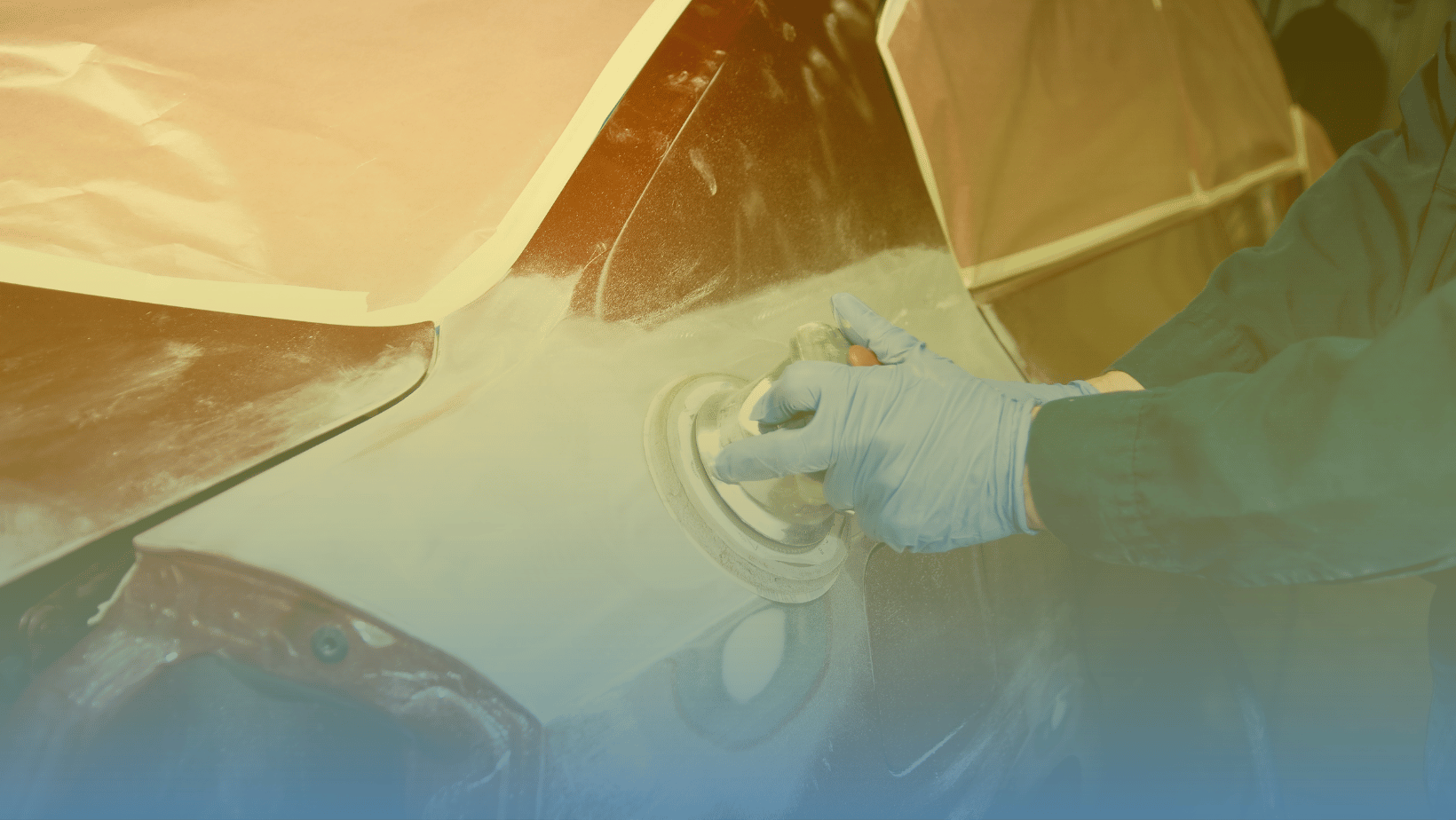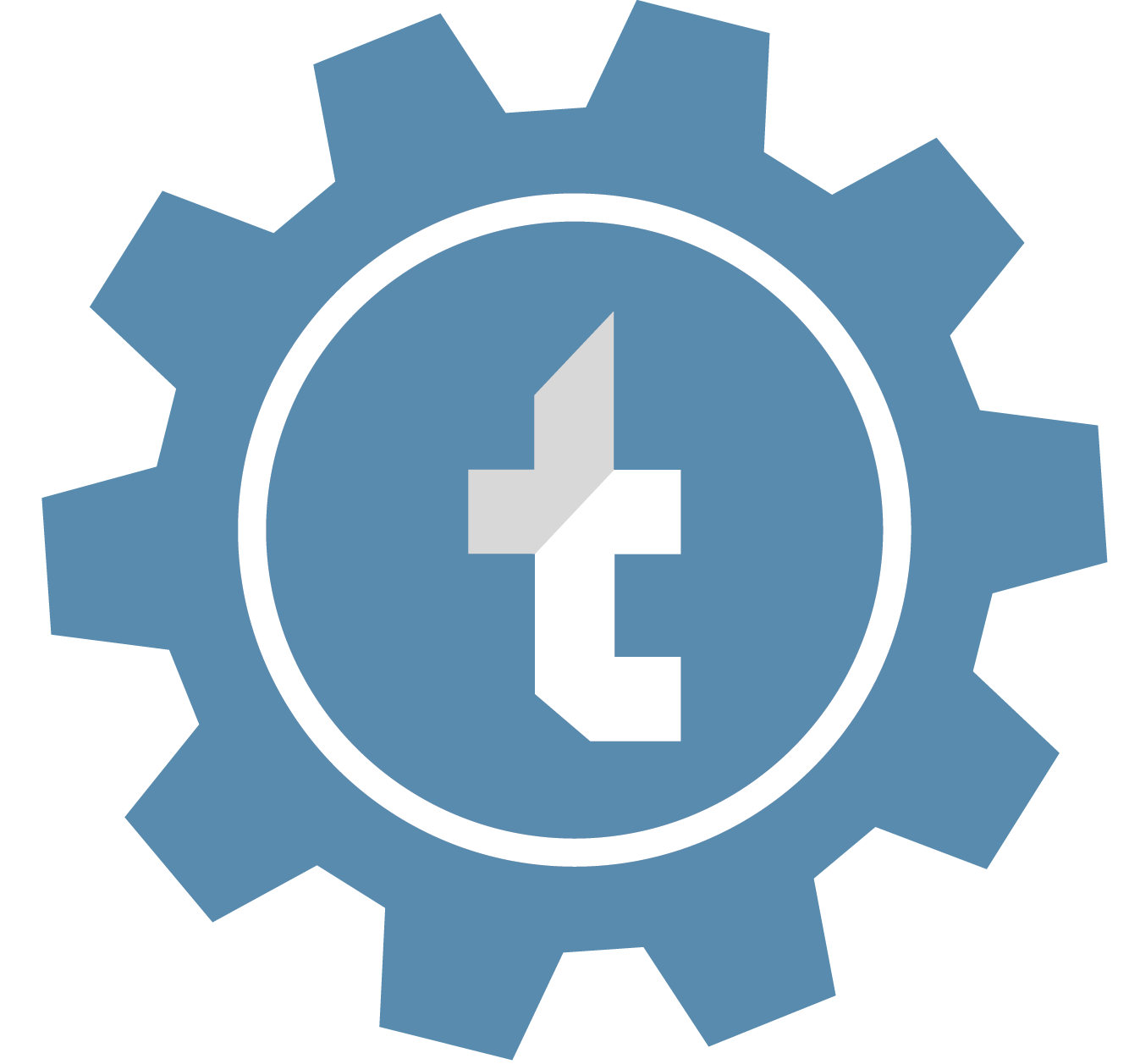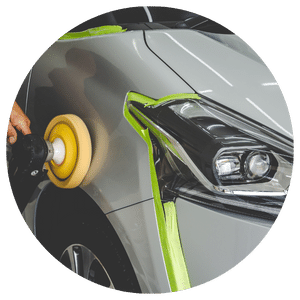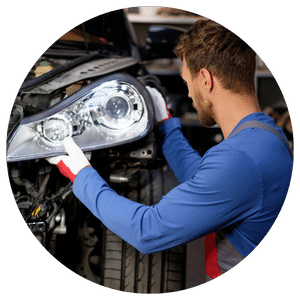October 05, 2023


Written by:
Today's Class Team
In the highly competitive auto repair industry, ensuring the success of your shop requires a dedicated and skilled workforce. Regular employee assessments play a crucial role in achieving this success by providing numerous benefits for both employees and businesses. In this blog, we will explore the significance of employee assessments in auto shops and delve into the various advantages they bring.
The use cases of employee assessments extend far beyond routine evaluations. They guide the shop's workforce towards excellence, efficiency, and alignment with organizational goals.
Employee assessments, in essence, are the compass of your shop. They involve a systematic evaluation of an employee's performance, skills, and capabilities. Beyond the realm of mere paperwork, they are tools of understanding, insight, and growth. Through assessments, a shop can craft a detailed map of each employee's journey within the organization, charting their progress, and identifying areas for development.
evaluation of an employee's performance, skills, and capabilities. Beyond the realm of mere paperwork, they are tools of understanding, insight, and growth. Through assessments, a shop can craft a detailed map of each employee's journey within the organization, charting their progress, and identifying areas for development.
One of the primary objectives of employee assessments in auto shops is to define the goals and objectives that employees should pursue. These assessments provide a clear path forward, outlining what success looks like for each role. Whether it's a technician, a service advisor, or a customer service representative, assessments ensure that every employee comprehends their role's responsibilities and the shop's expectations.
Employee assessments are not simply mundane tasks to check off a list; they are strategic instruments that can be crucial for your shop's prosperity. By aligning individual employee performance with the overarching objectives of the auto repair shop, assessments act as catalysts for business success. When everyone pulls in the same direction, it fosters a collective synergy that propels the shop forward.
Within your auto repair shop, precision and efficiency are at the heart of what you do. This means that the meticulous tracking of performance metrics is essential for sustained success. Let's explore in detail how the assessment process plays a pivotal role in this regard:
Employee assessments serve as a reliable yardstick to measure progress and set performance benchmarks. Rather than relying on subjective judgments, these assessments provide a structured and data-driven approach to evaluating job performance. They enable managers and employees alike to gauge how effectively tasks are being executed and whether targets are being met. As a result, assessments transform vague notions of progress into quantifiable and actionable insights.
A notable strength of employee assessments in auto repair shops is their capacity to align with key performance indicators (KPIs). KPIs are critical metrics that directly relate to the shop's overall success, such as customer satisfaction, repair turnaround time, or cost-effectiveness. By integrating these KPIs into the assessment process, shops can ensure that every employee's efforts are directly impacting the shop's profitability and reputation.
The impact of assessments on shop profitability is profound. When employees consistently meet or exceed their performance goals, it translates into tangible financial gains for the shop. For example, a technician who consistently completes repairs ahead of schedule not only enhances customer satisfaction but also contributes to improved workflow efficiency, reducing operational costs. Similarly, employees who excel in customer service may boost customer retention and referrals, directly influencing the shop's bottom line.
In essence, performance metrics as facilitated by employee assessments, are not mere administrative duties. They are integral components of a thriving auto repair shop, ensuring that progress is measured objectively and every employee's contributions align with the shop's strategic objectives. This systematic approach not only enhances the shop's operational efficiency but also solidifies its financial health and competitive edge in the industry.
Within the intricacies of auto repair shops, employee assessments act as catalysts for better performance and accountability. These assessments create structured feedback loops where  managers can provide clear expectations and constructive feedback, fostering an understanding of job requirements among employees. Simultaneously, they pinpoint individual strengths and weaknesses, enabling managers to tailor support and training to enhance employee effectiveness. Assessments cultivate a culture of skill development and continuous learning, encouraging employees to seek training opportunities that benefit both their personal growth and the shop's competitiveness.
managers can provide clear expectations and constructive feedback, fostering an understanding of job requirements among employees. Simultaneously, they pinpoint individual strengths and weaknesses, enabling managers to tailor support and training to enhance employee effectiveness. Assessments cultivate a culture of skill development and continuous learning, encouraging employees to seek training opportunities that benefit both their personal growth and the shop's competitiveness.
Additionally, one of the fundamental tenets of employee assessments is the establishment of clear accountability. Assessments create a framework within which employees are held responsible for their performance and objectives. This accountability extends beyond individual tasks; it cultivates a sense of ownership and responsibility for contributing to the larger goals of the auto repair shop. Consequently, assessments are not merely tools for evaluation but mechanisms that foster a culture of commitment and diligence within the workforce.
Assessments help pinpoint skills gaps within the workforce, allowing for targeted training and development initiatives. Individualized training plans can be tailored based on assessment results, ensuring that employees receive the support they need to excel in their roles. Auto repair shops that invest in employee development tend to have a more skilled and loyal workforce, ultimately contributing to the shop's long-term success. Successful training initiatives following assessments can include improved welding techniques, paint application skills, or mastering the use of advanced repair equipment.
Employee assessments, when executed thoughtfully, significantly influence the morale and job satisfaction of the workforce. By incorporating regular assessments into the shop's culture, employees feel valued and recognized for their contributions. The assessment process sends a clear message that their performance matters, fostering a sense of purpose and motivation among the team. This recognition and appreciation contribute to a more positive work atmosphere, where employees are not just cogs in a machine but active participants in the shop's success.
Moreover, assessments provide a structured platform for acknowledging and rewarding high-performing employees. When managers use assessments to identify and applaud outstanding efforts, it instills a sense of pride and accomplishment. This recognition serves as a powerful motivator, encouraging employees to consistently strive for excellence in their roles. Recognized employees are also more likely to be satisfied with their jobs, which directly impacts retention rates and reduces turnover, a critical concern in the competitive labor market of auto repair.
Tailoring assessments to align with individual career goals is another facet that enhances job satisfaction. When employees see that assessments are not just about the shop's goals but also about their professional development, it cultivates a sense of investment in their future within the organization. These assessments open doors for constructive discussions about career paths and advancement opportunities, further solidifying their commitment to the shop.
In the context of employee engagement, assessments serve as a two-way communication channel. Employees are not just recipients of feedback; they also have an opportunity to voice their concerns and aspirations. When employees feel their opinions are valued and heard through the assessment process, it fosters a sense of belonging and engagement. Additionally, assessments can help identify workplace issues or sources of dissatisfaction, allowing management to take proactive measures to address them and improve overall morale.
Employee assessments can evaluate teamwork and collaboration skills, promoting a harmonious work environment. When conflicts or communication issues arise, assessments can help identify and address these issues promptly, ensuring a smoother workflow. Through assessments, shops can work towards building a cohesive and motivated team that collaborates effectively to achieve shared goals.
In addition to assessing teamwork and collaboration skills, employee assessments also provide an opportunity to recognize and reward cooperative behavior and leadership within the team. By acknowledging and celebrating employees who consistently contribute to a positive team dynamic, assessments reinforce the importance of collaboration and motivate others to follow suit. This recognition not only boosts individual morale but also strengthens the sense of unity within the team, encouraging employees to actively support each other and collectively drive the shop towards its objectives. In this way, assessments contribute not only to identifying areas for improvement but also to nurturing a team culture that thrives on collaboration and mutual support.
Regular employee assessments in auto repair shops are not just a routine task but a critical element in achieving long-term success. They enhance employee performance, identify training needs, boost engagement, and promote teamwork. The benefits are wide-ranging and have a direct impact on the shop's profitability and reputation. It is imperative for shops to prioritize and implement effective assessment programs to secure their place in a competitive industry.
If you're looking to invest in your employees' growth and job satisfaction but also ensure the continued success of your business, we'd love to talk about how Today's Class can help. Contact our team to get started.
Tags: Performance
Many automotive shops hold long training sessions for their technicians and service advisors periodically throughout the year. What if we told you this traditional model of training may not be the...
If there's one constant in our industry, it's the enduring need to grow and expand our skill sets. However, the real challenge lies in deciding how to go about enhancing these skills. Should you opt...
Incorporating digital tools in training is essential for auto shops to stay competitive and efficient. Embracing digital advancements modernizes your training programs and optimizes your team's...
2700 Corporate Drive
Suite 200
Birmingham, AL 35242
91fc.png)